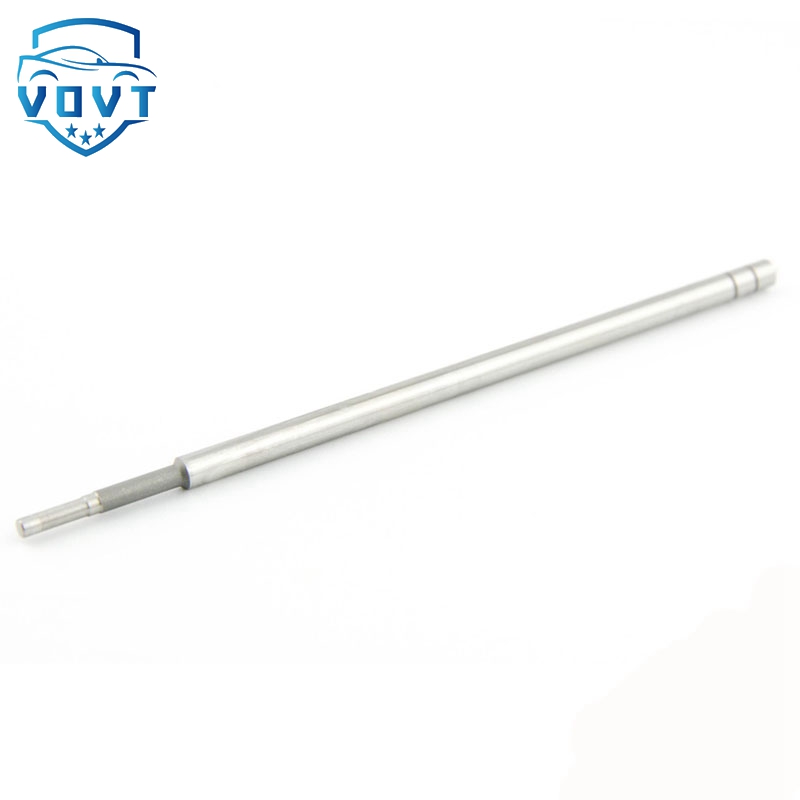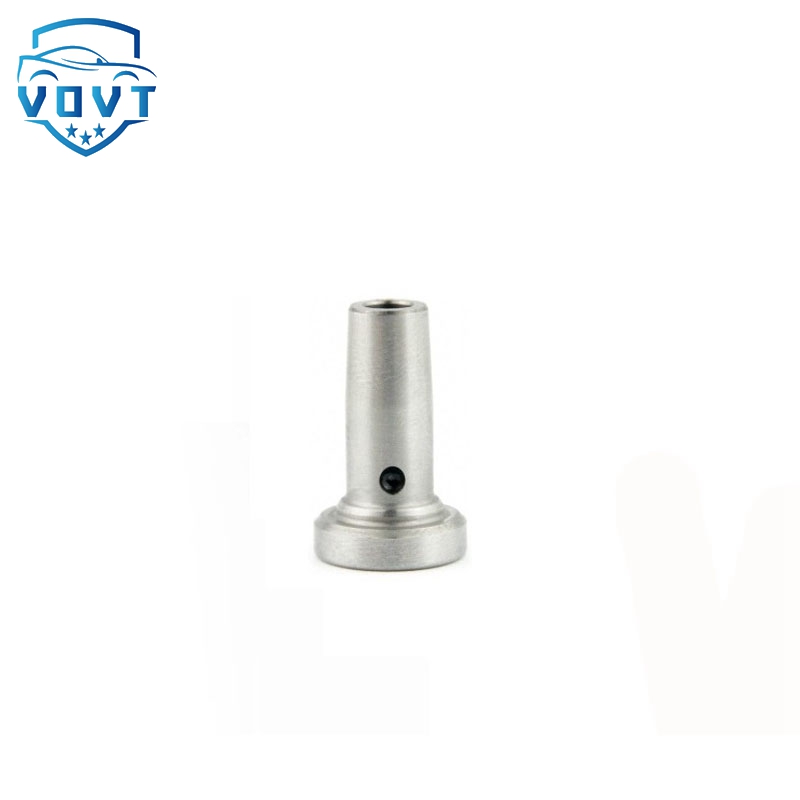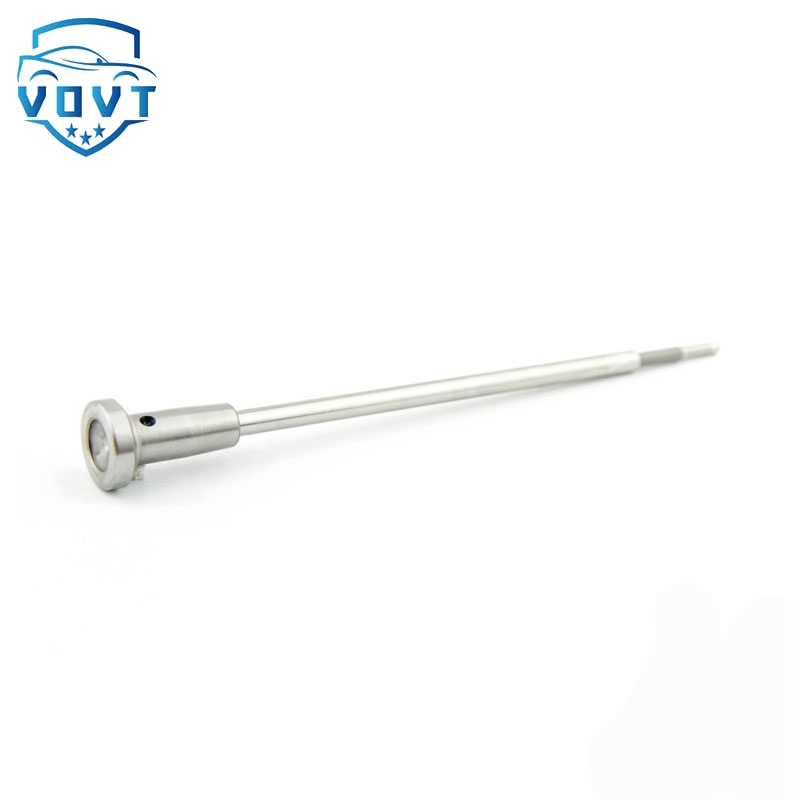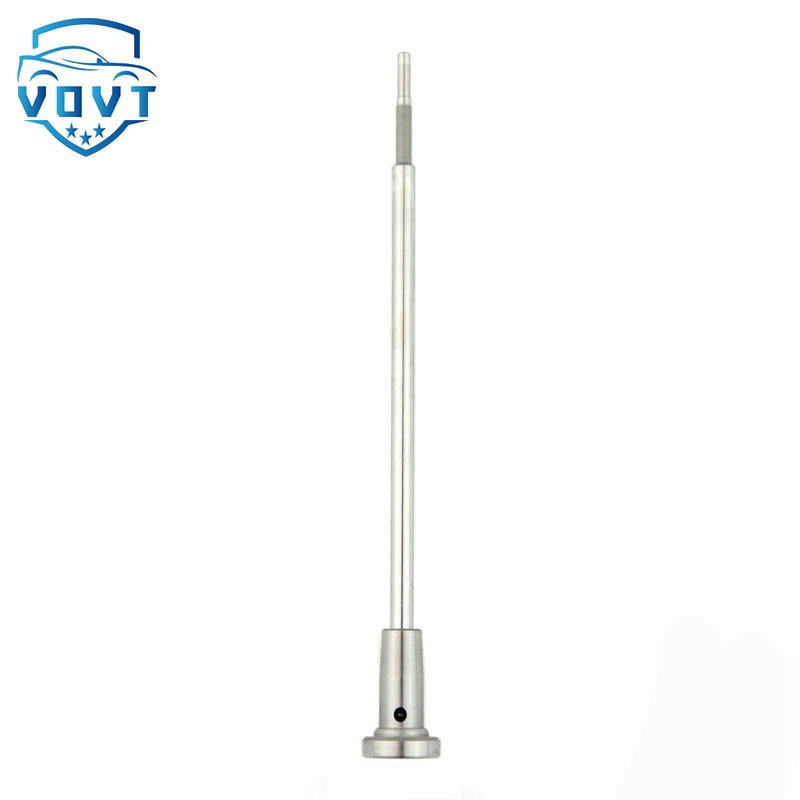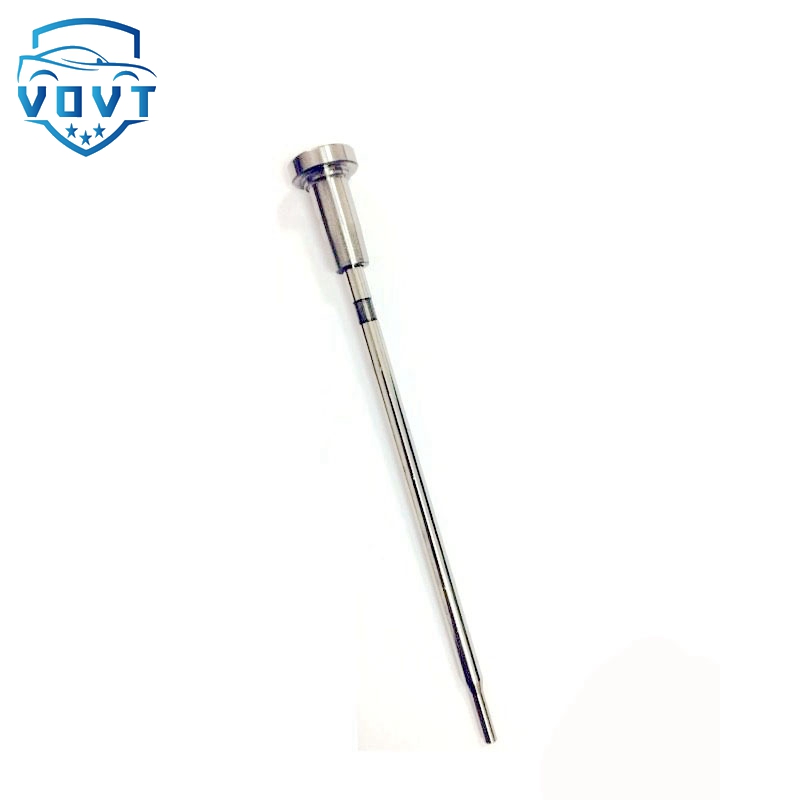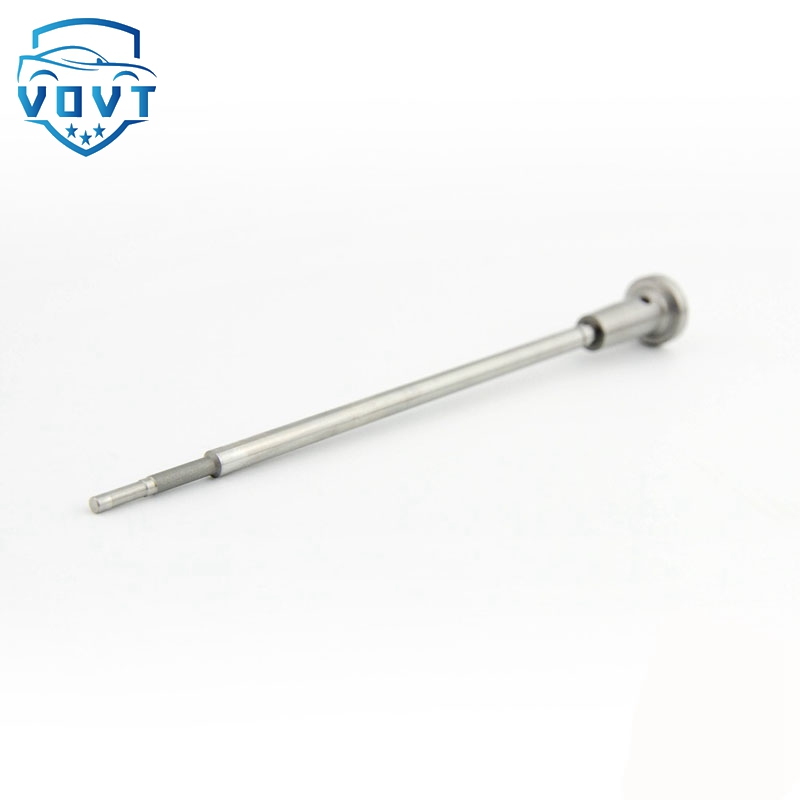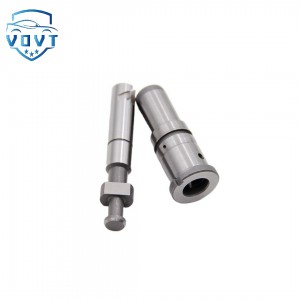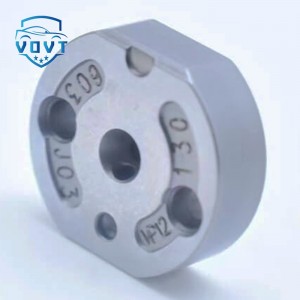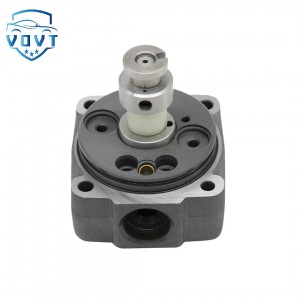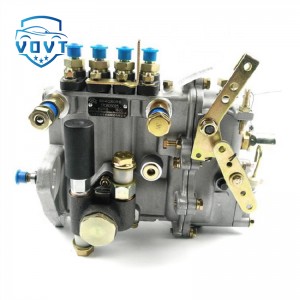High Quality Common Rail Control Valve Set Assembly F00RJ01334 for Diesel Injector 0445120047 0445120091 0445120093
| Produce Name | F00RJ01334 |
| Compatible with injector | 0445120047
0445120091 0445120093 |
| Application | / |
| MOQ | 6 pcs / Negotiated |
| Packaging | White Box Packaging or Customer's Requirement |
| Lead time | 7-15 working days after confirm order |
| Payment | T/T, PAYPAL, as your preference |
Principles of Common Rail Engine
Solenoid or piezoelectric valves make possible fine electronic control over the fuel-injection time and quantity, and the higher pressure that the common rail technology makes available provides better fuel atomisation. To lower engine noise, the engine's electronic control unit can inject a small amount of diesel just before the main injection event ("pilot" injection), thus reducing its explosiveness and vibration, as well as optimising injection timing and quantity for variations in fuel quality, cold starting, and so on. Some advanced common rail fuel systems perform as many as five injections per stroke.
Common rail engines require a very short to no heating-up time, depending on the ambient temperature, and produce lower engine noise and emissions than older systems.
Diesel engines have historically used various forms of fuel injection. Two common types include the unit-injection system and the distributor/inline-pump systems. While these older systems provide accurate fuel quantity and injection timing control, they are limited by several factors:
They are cam driven, and injection pressure is proportional to engine speed. This typically means that the highest injection pressure can only be achieved at the highest engine speed and the maximum achievable injection pressure decreases as engine speed decreases. This relationship is true with all pumps, even those used on common rail systems. With unit or distributor systems, the injection pressure is tied to the instantaneous pressure of a single pumping event with no accumulator, thus the relationship is more prominent and troublesome.
They are limited in the number and timing of injection events that can be commanded during a single combustion event. While multiple injection events are possible with these older systems, it is much more difficult and costly to achieve.
For the typical distributor/inline system, the start of injection occurs at a predetermined pressure (often referred to as pop pressure) and ends at a predetermined pressure. This characteristic results from "dumb" injectors in the cylinder head which open and close at pressures determined by the spring preload applied to the plunger in the injector. Once the pressure in the injector reaches a predetermined level, the plunger lifts and injection starts.







